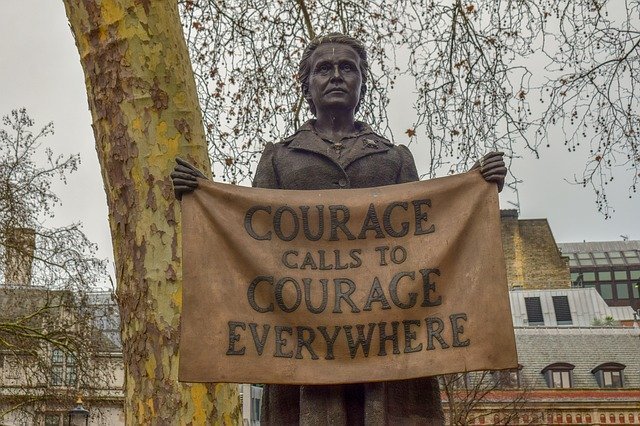Yes, a woman. She was married but the people followed Deborah, a prophetess who was leading (“judging”) Israel. To make matters more interesting, it was during this time that they were oppressed by the Canaanites.
The Canaanites had an advantage that the other nations didn’t. They had iron chariots. This was regularly a problem for Israel who was intimidated by them (Jos 17:14-18). That intimidation led them to passivity. And by the time Deborah became a leader, the Canaanite leader Jabin had 900 iron chariots. Not only that but he “harshly oppressed” Israel (Jdg 4:3).
Yet Deborah got the Word of the Lord that it was time to go attack them and defeat them, so she called up Barak. Barak refused to go without her though and Deborah told him plainly, “I will go with you, but you will receive no honor” (Jdg 4:9). Barak was ok with that and they went and defeated the Canaanites.
The Lord threw the army into confusion and they abandon their chariots and ran. The military commander Sisera took refuge in a woman’s tent named Jael who was a Kenite. Sisera though the people of Hazor and the house of Heber (Jael’s husband) the Kenite were friends. After all, Heber had moved away from the Kenites and pitched his tent near Kedesh. Seemingly disenfranchised with his clan.
The Kenites had connections with Israel though as Jethro, Moses’ father-in-law, was a Kenite (Jdg 1:16; 4:11). Additionally the Kenites were metal workers and coppersmiths. It was probably with one of these tools that Jael took a tent peg and while Sisera was sleeping, she drove it through his temple.
And here in the first few chapters of Judges we see two women who were exonerated as heroes. Deborah, the leader of Israel who did not fear the iron chariots of Canaan, and Jael, who in a time of war defeated the military commander. Deborah tried to give the honor to another but he wouldn’t take it. And Jael could have just let things go with Sisera but she decided for action and not passivity.
Deborah then received the honor (Jdg 4:9) and Jael received the title “most blessed of women” (Jdg 5:24). It’s interesting that there was no pontificating in the text about women as leaders. There was actually a celebration of their deeds.

